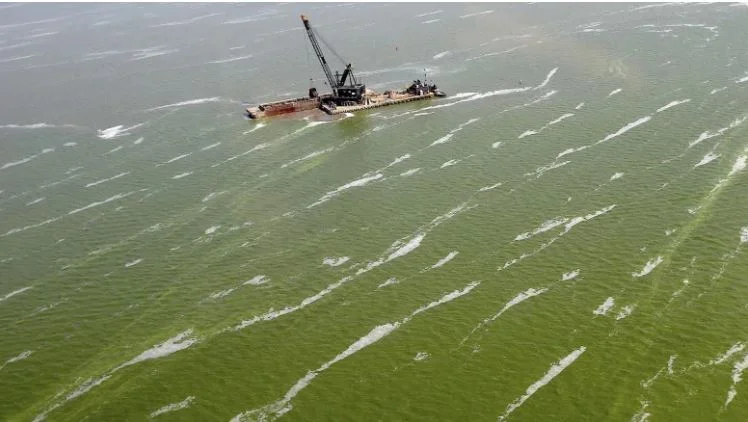A handful of Chatham farms might hold the answer to reducing toxic algae blooms in the Great Lakes. These farms are collecting and analyzing their agricultural runoff, in hope of reducing the amount of phosphorus entering the waterways. It's part of a project, started by two organizations in Spring 2016, which aims to come up with a strategy to deal with toxic algae blooms. Out of that idea for the project — between the Ontario Federation of Agriculture and the Great Lakes and St. Lawrence Cities Initiative — came the Thames River Phosphorus Reduction Collaborative.


